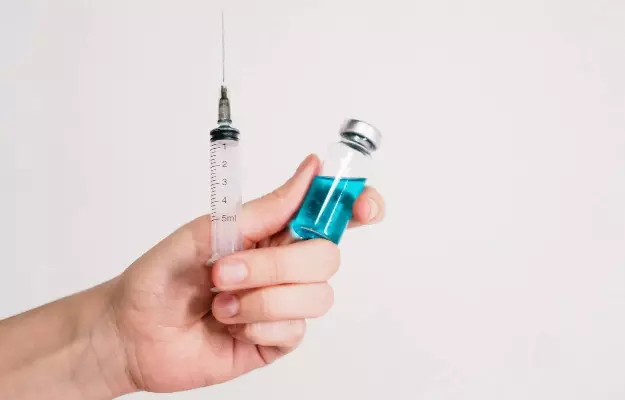The University of Cambridge, thanks to a generous funding from UK government's in-house innovation agency Innovate UK, announced the development of a new vaccine to not only counter the SARS-CoV-2 virus and COVID-19, but also aims to provide protection against all coronavirus infections.
The collaboration was announced between the University of Cambridge's vaccine development company DIOSynVax, the university itself as well as the University Hospital Southampton NHS Foundation Trust. The vaccine, codenamed DIOS-CoVax2, is reported to be put into clinical trials later this year.
According to information released by the University of Cambridge, the DIOS-CoVax2 is going to use the bank of genetic sequences of all coronaviruses including those from bats that are said to be behind many of the infections affecting human populations, and close cousins of the human coronaviruses.
Read more: How does COVID-19 spread
The SARS-CoV-2 is a newer form of the coronavirus that was discovered to have infected people late last year in Wuhan, and has so far affected more than 24 million people around the world, killing more than 826,000 in the intervening months. It is known to cause a severe respiratory infection with pneumonia-like symptoms along with several other complications.
The COVID-19-causing virus has a spherical structure with spike proteins all around its surface, which it uses to attach to human cell receptors to infect someone. As a result of people's varied immune responses and natural changes, the virus has spawned many mutations around the world.
Read more: Potential targets and types of COVID-19 vaccines
The DIOS-CoVax2 aims to block this attachment to the receptors by using the repository of all the known genetic sequences, along with creating computer-generated antigen structures through synthetic genes that can trigger an immune response in a specific region of the body. The vaccine is said to be using all the different immune responses from the human body - from antibodies to T-cells - so that it can prevent inflammatory immune responses such as a cytokine storm.
Read more: T cells help where antibodies don’t in COVID-19
According to Professor Jonathan Heeney, who is head of the Laboratory of Viral Zoonotics at the University of Cambridge and founder of DIOSynVax, said the 3D computer modelling of the virus's structure is key to identify all the different coronaviruses.
"We're looking for chinks in its armour, crucial pieces of the virus that we can use to construct the vaccine to direct the immune response in the right direction," Prof Heeney said. "Ultimately we aim to make a vaccine that will not only protect from SARS-CoV-2, but also other related coronaviruses that may spill over from animals to humans."
According to the company, the DIOS-CoVax2 vaccine will be a DNA-based one as compared to most other vaccines that are RNA or adenovirus based. It has been shown to be safe and effective in triggering an immune response against different pathogens in its initial phase I and II trials already.
The proposed vaccine will be easy to administer as well as transport to different locations around the world, as it does not need to be put in cold storage. The concoction can be freeze-dried into a powder which can be delivered pain-free without an injection, as it can be delivered with a spring-powered jet injection, and takes less than 1/10th of a second to do so.
Read more: How are vaccines made
The vaccine joins the list of several other candidates from around the world which are at different stages of clinical trials, although candidates from Russia and China are said to have been administered on some people already.















